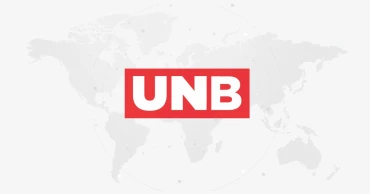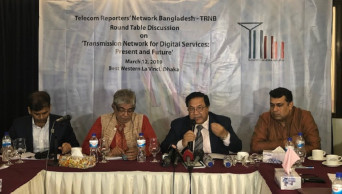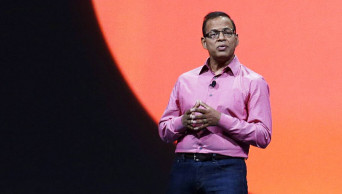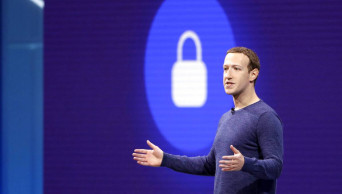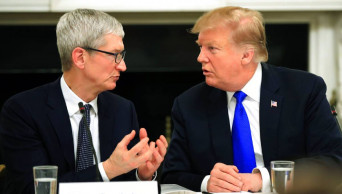Tech
Facebook's messaging ambitions amount to much more than chat
New York, Mar 13 (AP/UNB)- Facebook, already the leader in enabling you to share photos, videos and links, now wants to be a force in messaging, commerce, payments and just about everything else you do online.
Robishop offers 42 pc discounts on OnePlus 5T
Dhaka, Mar 12 (UNB)-Robishop, has been offering 42 percent discount on a popular smartphone device, OnePlus 5T.
Ensure ‘one country one rate’, Jabbar tells ISPs
Dhaka, Mar 12 (UNB) – Posts, Telecommunications and Information Technology Minister Mustafa Jabbar on Tuesday called upon all the internet service providers (ISPs) to ensure broadband service with a unified rate across the country.
Google paid former exec $35 million after harassment claim
San Francisco, Mar 12 (AP/UNB) — Google paid former search executive Amit Singhal $35 million in an exit package when he was reportedly forced to resign after a sexual assault investigation, according to court documents released Monday.
Guaranty on Marcel TV panel extended 4 years
Dhaka, Mar 11 (UNB)- The local electronics and electrical manufacturer ‘Marcel’ extended the replacement guaranty period of its televisions panel to 4 years.
Robi-10 Minute School holds master-class sessions in Chattogram
Dhaka, Mar 10 (UNB)- Robi-10 Minute School (www.robi10minuteschool.com) has recently organised six master-classes in six of the renowned educational institutions in the port city Chattogram.
Technology brings rugged Iditarod race to global audience
Anchorage, Mar 9 (AP/UNB) — Far from competitors tackling the frozen wilderness in Alaska's Iditarod Trail Sled Dog Race, a dozen people are holed up inside an Anchorage hotel behind banks of computers, tracking the punishing route and connecting with global fans seeking a real-time link to the off-the-grid sport.
Can Zuckerberg really make a privacy-friendly Facebook?
San Francisco, Mar 8 (AP/UNB) — After building a social network that turned into a surveillance system, Facebook CEO Mark Zuckerberg says he's shifting his company's focus to messaging services designed to serve as fortresses of privacy.
Scientists discover different kind of killer whale off Chile
Washington, Mar 8 (AP/UNB) — For decades, there were tales from fishermen and tourists, even lots of photos, of a mysterious killer whale that just didn't look like all the others, but scientists had never seen one.
Apple CEO trumps Trump, reframing his name game
San Francisco, Mar 8(AP/UNB) — To President Donald Trump, it was an awkward slip of the lip. To Apple CEO Tim Cook, it was an opportunity to poke some sly fun at a president who has often clashed with the tech industry.
